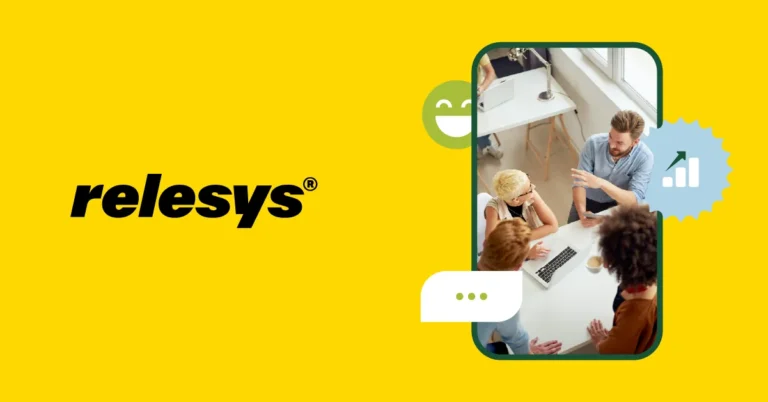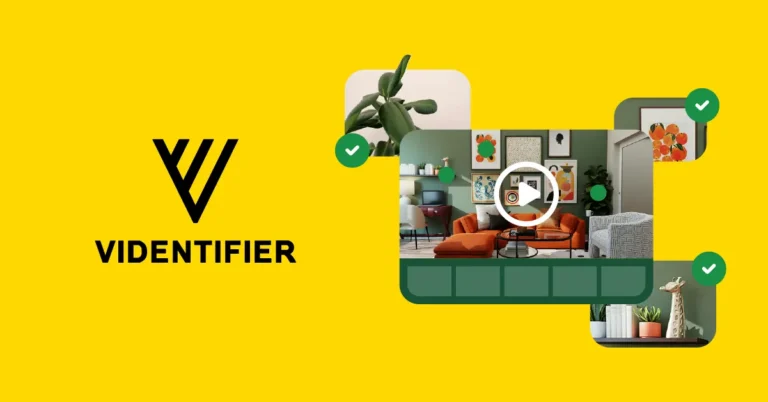Seven game development companies established operations in Lithuania in 2014, according to data from the foreign direct investment development agency Invest Lithuania. Among them were Game Insight, Charlie Oscar, Flazm – which moved its headquarters to Lithuania – and Alternative Platform, which established a new unit in Lithuania. Lithuania has put itself on the global map of game development in less than a year and is set to see further growth in this sector in the future.
Lithuanian higher education institutions are responding by establishing degree programs to train specialists in digital creative industries and game development. One such program is the joint Bachelors degree in Informatics and Digital Content from Mykolas Romeris University (MRU), Lithuania and Dongseo University, South Korea.
Assoc. Dr Tadas Limba, Director of the Institute of Digital Technologies at MRU, explained that students on the program will develop both their technical IT skills and their creativity and design skills. ‘It is becoming increasingly clear that the success of an IT product depends not only on its technical parameters but also on its convenience, mobility, and aesthetic appearance. These have to be developed by specialists who know the psychology and design requirements of IT users. For this reason, the need for specialists who are said to be the mediators between IT professionals and users is becoming increasingly obvious. Mykolas Romeris University has taken the initiative to train specialists in this field with our joint study programme in computer science (informatics) and digital content. The program, which is implemented in cooperation with Dongseo University of South Korea, has become very popular from the very first year.’
More than game developers
‘The old view of computer games was that they are entertainment industry products intended for children, not adults. However, this attitude is changing fast. Surveys show that most computer games are bought by grown-ups, namely 35–40-year-olds with average to higher incomes. And game technology applied in other areas has become an integral part of many people’s daily life. This is especially true when talking about different mobile apps. Digital technologies stimulate the need to learn throughout life, to change, to remain youthful, to use new technologies and not to lag behind,’ believes Dr. Limba.
And Dr Limba hopes MRU’s new programs will help develop digital skills that can be applied to a wide range of fields. ‘The digital content study program focuses not only on the development of computer games. Digital content involves many other subjects, such as film and digital animation, the basis of which is video content. Therefore, in cooperation with our partners from Dongseo University in South Korea, we have started developing a Master’s study programme in visual content in the direction of computer science for those who graduate with a Bachelor’s degree in digital content. The graduates of the joint study programme will receive diplomas from both Mykolas Romeris University and Dongseo University.’
For Gediminas Tarasevičius, head of the Lithuanian Game Developers Association, the future for computer games is bright because their field of application could continue to grow indefinitely. Future uses could range from lessons in schools to the service industry to disability rehabilitation. Mr Tarasevičius believes that game development requires people who think actively, and have versatility and adaptability. And of course they should have excellent information technologies skills. In the IT industry, programmers who are capable of learning programming languages quickly, understand the interrelations between different fields, and can comprehend how systems work in different ways to others are highly valued.
Studying across borders
Undergraduates enrolled on MRU’s Informatics and Digital Content Bachelors programme benefit from some exciting study opportunities. For the first two years they study in Lithuania, but during this time they are introduced to the basics of Korean culture and language by teachers from South Korea. Students learn cultural awareness, being introduced to universally recognised values which are of particular importance in South Korea, such as keeping one’s word, modesty, thoroughness and dutifulness. Students currently on the program say that the Korean teachers are very clear and demanding, and leave a strong impression. In the third and fourth years of their studies students are presented with a new challenge – studying at Dongseo University in Busan, South Korea, including an internship at one of the biggest IT companies in the country.
To read the article in full visit Lzinios.lt













